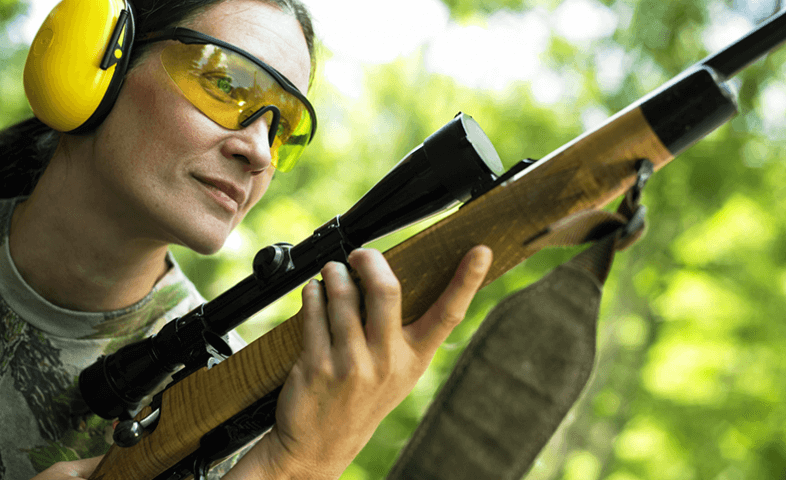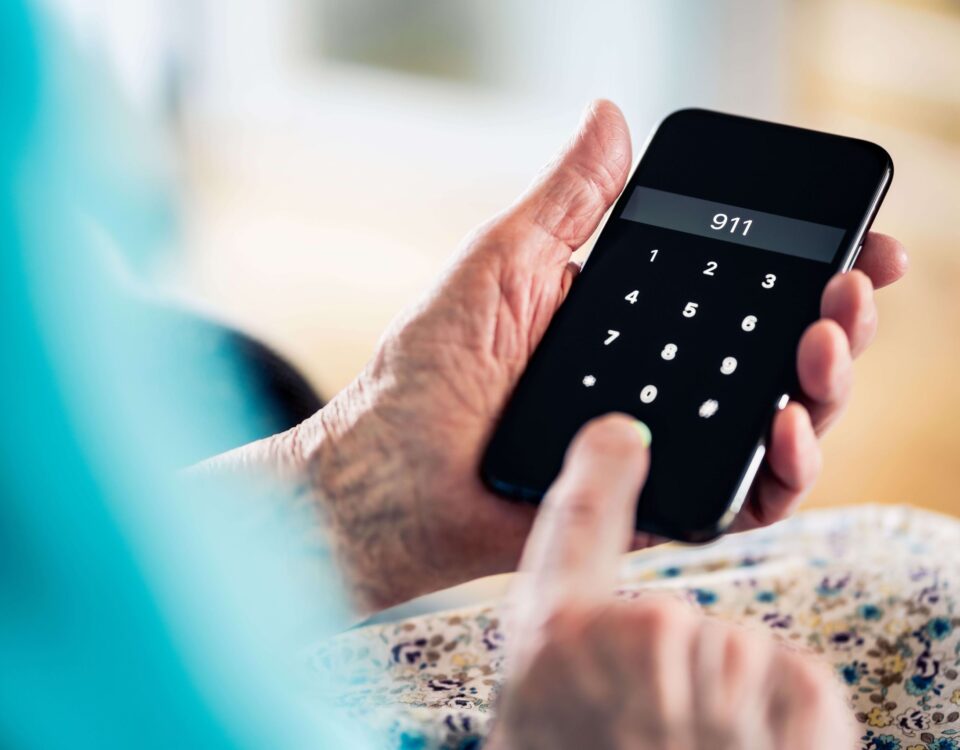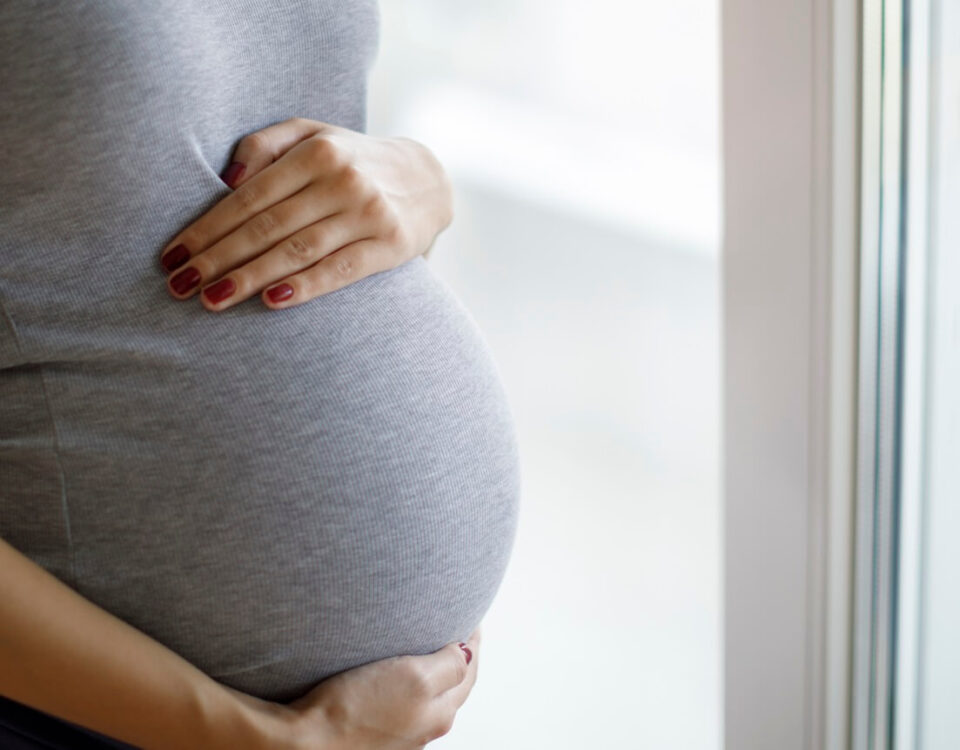- Have any questions?
- 412-123-4567
- noreply@upmc.com
Safe and Responsible Gun Ownership

Tips from a lifelong gun owner and medical professional.
UPMC trauma and critical care surgeon Greg Watson, MD, has spent his life around guns. “I got my first rifle for my 12th birthday,” he recalls. “Growing up in rural central Pennsylvania, that’s something of a rite of passage: it’s when you can apply for a junior hunting license.”
Fourteen years later, after earning his medical degree at the University of Pittsburgh School of Medicine, Dr. Watson went on to enlist in the United States Army. He’s been deployed overseas five times, including four tours in Afghanistan and one in Kenya/Somalia.
Today, in addition to his work as a surgeon, Dr. Watson is chief of general surgery for the Veterans Affairs (VA) Pittsburgh Healthcare System and a colonel in the Medical Corps, U.S. Army Reserves. He also teaches surgery and critical medicine at the University of Pittsburgh School of Medicine.
All that’s to say Dr. Watson has seen his fair share of gun injuries — both stateside and abroad. His experiences have made him a firm believer that gun safety is fundamental to responsible gun ownership.
“Teaching gun safety is a generational tradition in my family. My grandfather taught my dad, and my dad taught me,” says Dr. Watson. “I’m now passing on that knowledge to my three sons and four daughters.”
His cardinal rules for gun safety are:
Treat Every Gun as Though it’s Loaded.
“In the military, I learned that every soldier is personally responsible for their firearm. That meant always being in control of your gun,” says Dr. Watson. “When you weren’t carrying your gun, it had to be safely stored — even if we were just going to dinner.
“Our family stores our guns in locked areas. And if you’re using a gun at night for home protection, it should be locked up before leaving for work the next day,” he says. While you should always treat every gun carefully, and as if it loaded, it’s recommended that guns are stored unloaded for added safety and that ammunition be stored in a separate area.
Know Your Gun — and Practice Using it.
“Every gun is different,” says Dr. Watson. “It’s important to know the components of your gun, how it works, how to safely load and unload it, and how to properly maintain it. It’s also important to regularly practice using your gun so you can aim and shoot with confidence — especially if you’re a first-time gun owner.”
Never Point a Gun in the Direction of Anything You’re Not Willing to Fire at.
Pointing and firing a gun is about more than just an intended target “It’s important to also know what’s beside and beyond your intended mark to avoid hitting an unintended target,” advises Dr. Watson. Gun owners should also know and follow safe handling practices to avoid an accidental discharge.
Never Operate a Firearm While Under the Influence.
“You need to be crystal clear in your thinking and able to react thoughtfully and precisely when handling or firing a gun. You also don’t want to risk being around someone else who has a gun and is under the influence,” says Dr. Watson. It may seem obvious, but alcohol and drug use (including marijuana) clouds your judgment and leads to bad decisions and careless gun handling.
Gunshot Wounds are a Medical Emergency
Gun wounds are especially challenging because injuries often extend beyond what can be seen. “Different types of guns cause different puncture wounds, too,” says Dr. Watson. A gun wound also is impacted by how closely the gun was when fired, the point of entry, and the speed of the bullet. “But every gunshot injury should be treated as a medical emergency,” he adds.
“If you’re in a situation where someone is shot, your first priority is to ensure your own personal safety and call 911 for help,” he says. “You can then focus on trying to stop the bleeding, using strong direct pressure. Use a tourniquet if you know how to apply it correctly. Additionally, don’t move the person, give them food or water, or elevate their legs because you don’t know the extent of internal injuries.”
Dr. Watson is a strong proponent of STOP THE BLEED®. This national initiative encourages members of the public to become trained, equipped, and empowered to help in a life-threatening bleeding emergency. “It’s just phenomenal training that I would recommend to anybody,” he says. An online interactive course is available. UPMC also offers in-person training sessions throughout the year. He also highly recommends that gun owners learn the basics of first aid and CPR (cardiopulmonary resuscitation). “Unpredictable things can and do happen. Having basic first aid training is invaluable in the event of an accident.”



